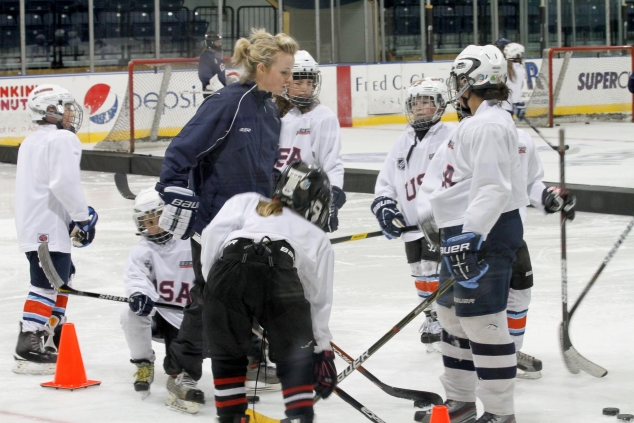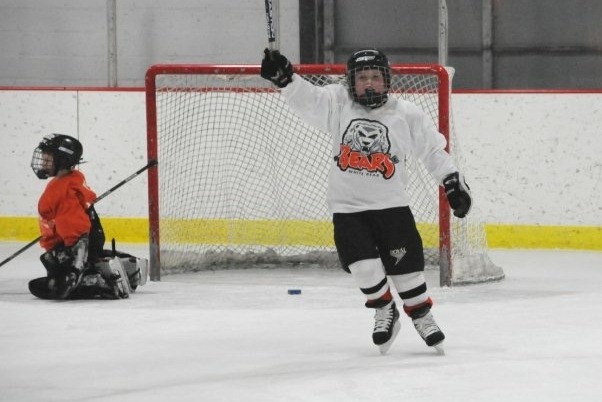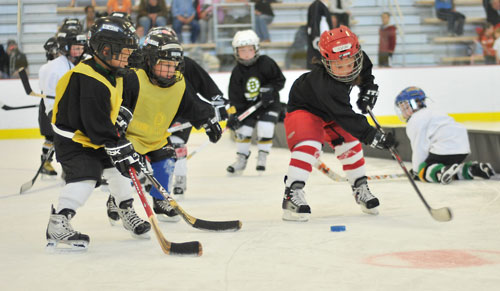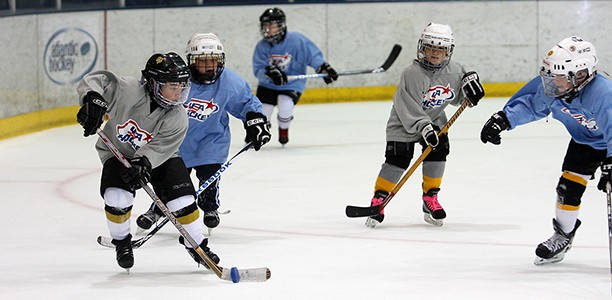

Great coaches can have a transformational effect on players




Hockey passion is fueled by fun, not force


Using statistics to improve performance

Fostering fun and creativity in our players should be the goal

Skill acquisition by persistent and purposeful training